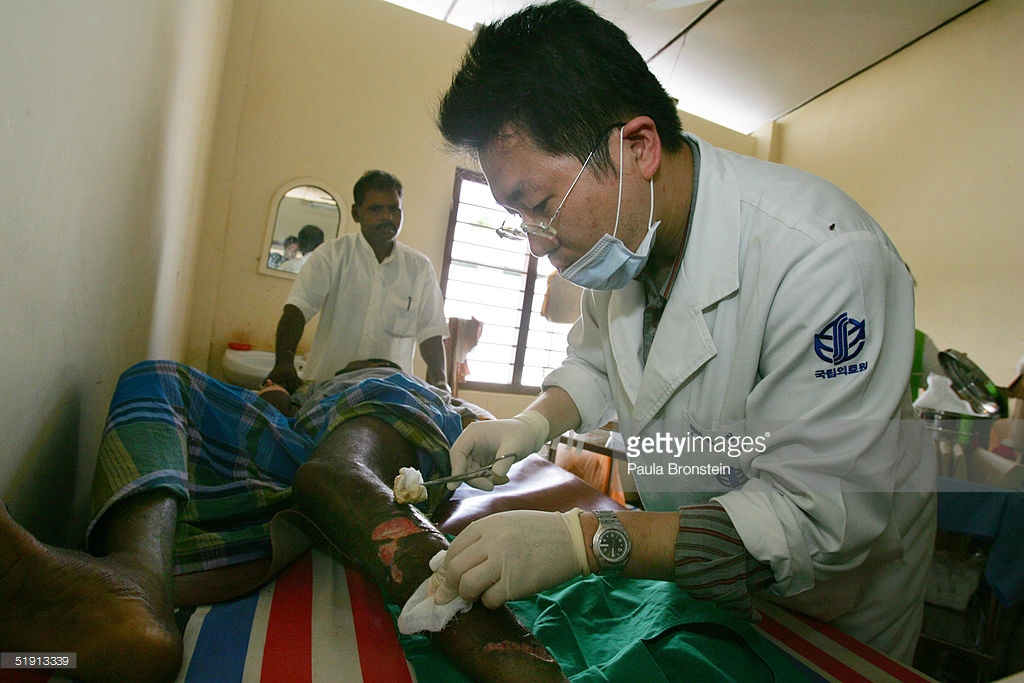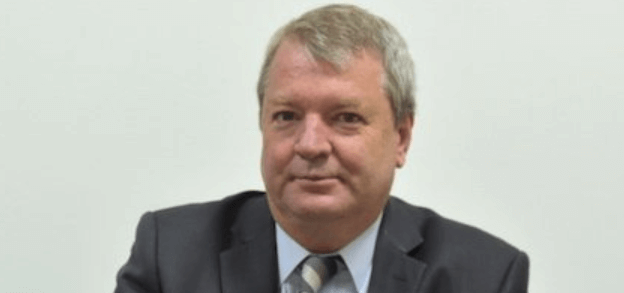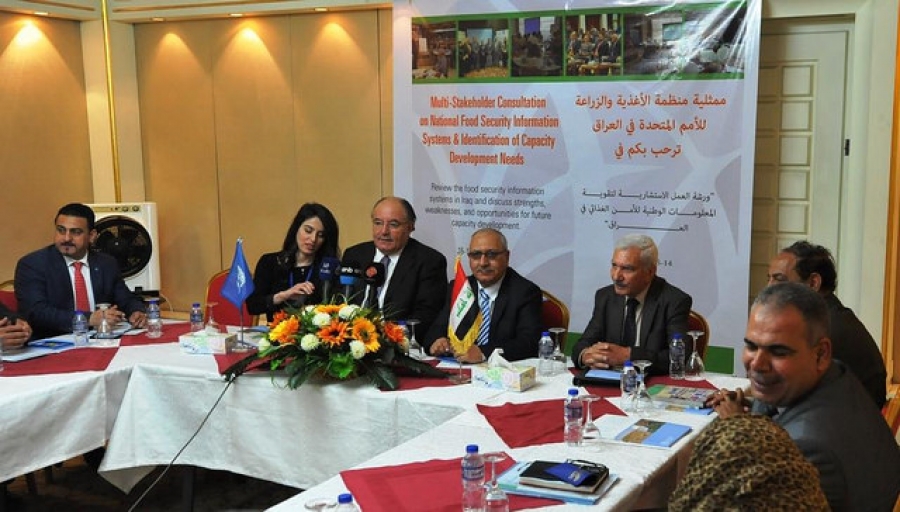WHO delivers urgent health assistance for earthquake trauma patients
In response to the recent earthquake in the border region between Islamic Republic of Iran and Iraq, the World Health Organization (WHO)’s office in Iraq has deployed a medical team supported with 3 ambulances, 4 tents and emergency lifesaving supplies to Sulaymaniyah governorate in northern Iraq.
The health supplies, sufficient for 200 surgical operations, have been prepositioned at the Emergency Hospital in Sulaymaniyah governorate.
An interagency assessment mission to Sulaymaniyah governorate reported that 8 people had been killed, more than 500 people injured and 3 health facilities damaged, 2 of which remain nonfunctional as a result of the earthquake.
WHO’s support is in response to a request from the Directorate of Joint Crisis Coordination Centre, Ministry of Interior, Kurdistan Regional Government and the Directorate of Health Sulaymaniyah.
On Sunday, 13 November 2017, an earthquake measuring a magnitude of 7.3 on the Richter scale struck approximately 32 kms from the city of Halabja, Iraq. The earthquake was felt across Iraq, including in the cities of Baghdad, Erbil, Sulaymaniyah, Kirkuk and Basra. Five districts in Sulaymaniyah were struck the hardest.
WHO and health partners continue to closely monitor the situation and will continue to deliver assistance to health facilities receiving patients affected by the earthquake. This emergency response by WHO has been made possible with funds from European Union Humanitarian Aid (ECHO) and the Office of U.S. Foreign Disaster Assistance (USAID/OFDA).
(Source: UNSMIL)



